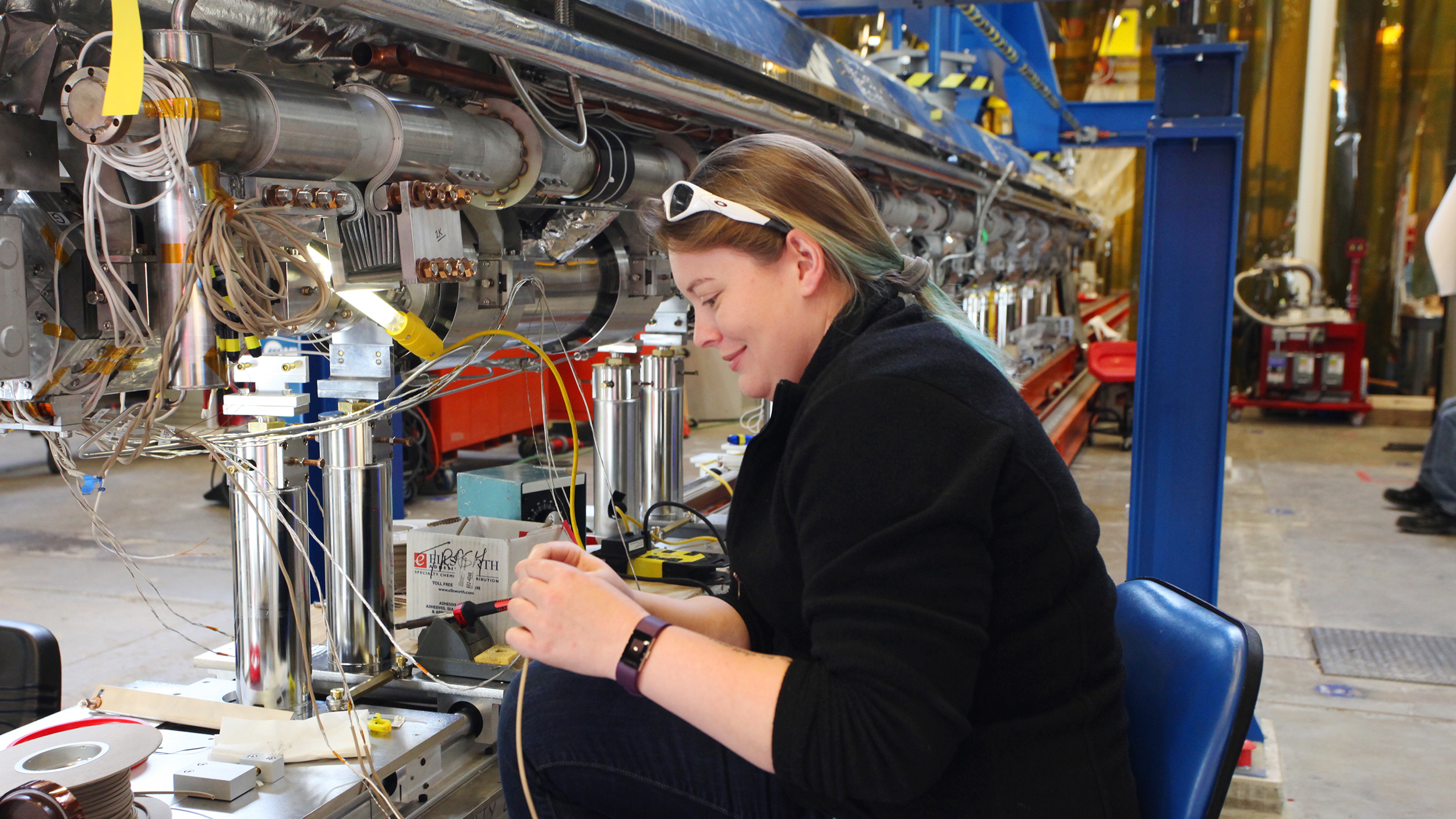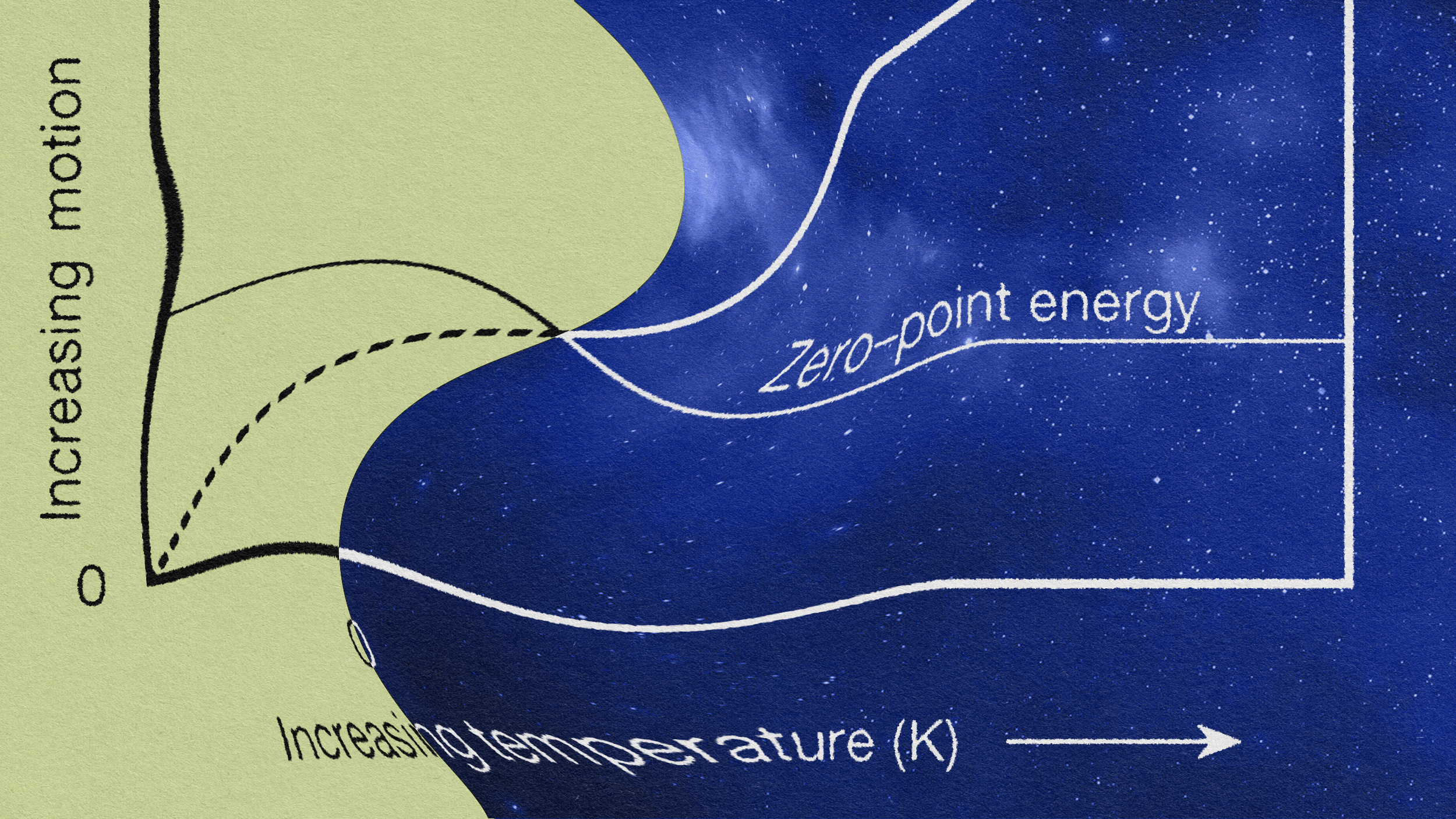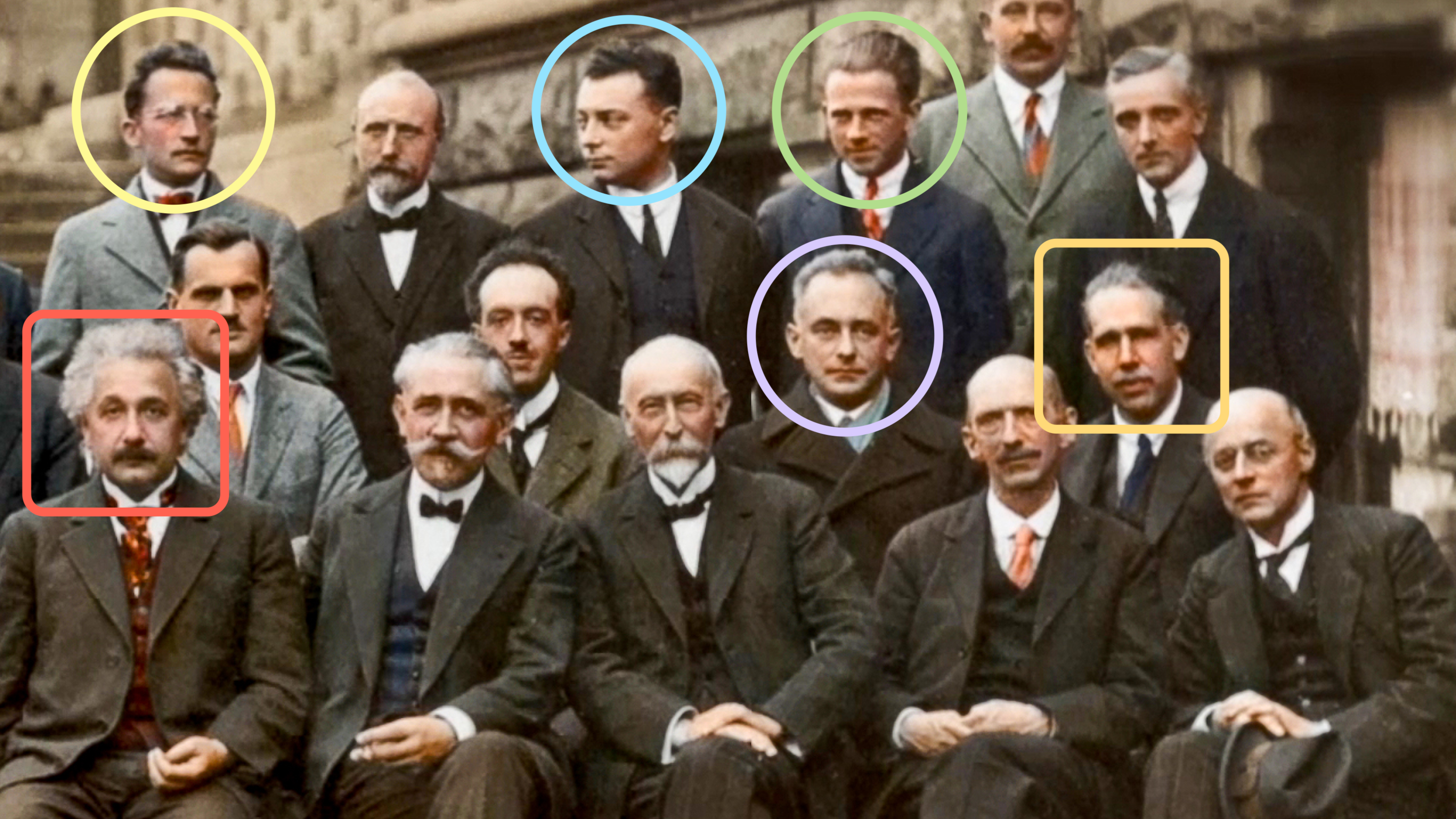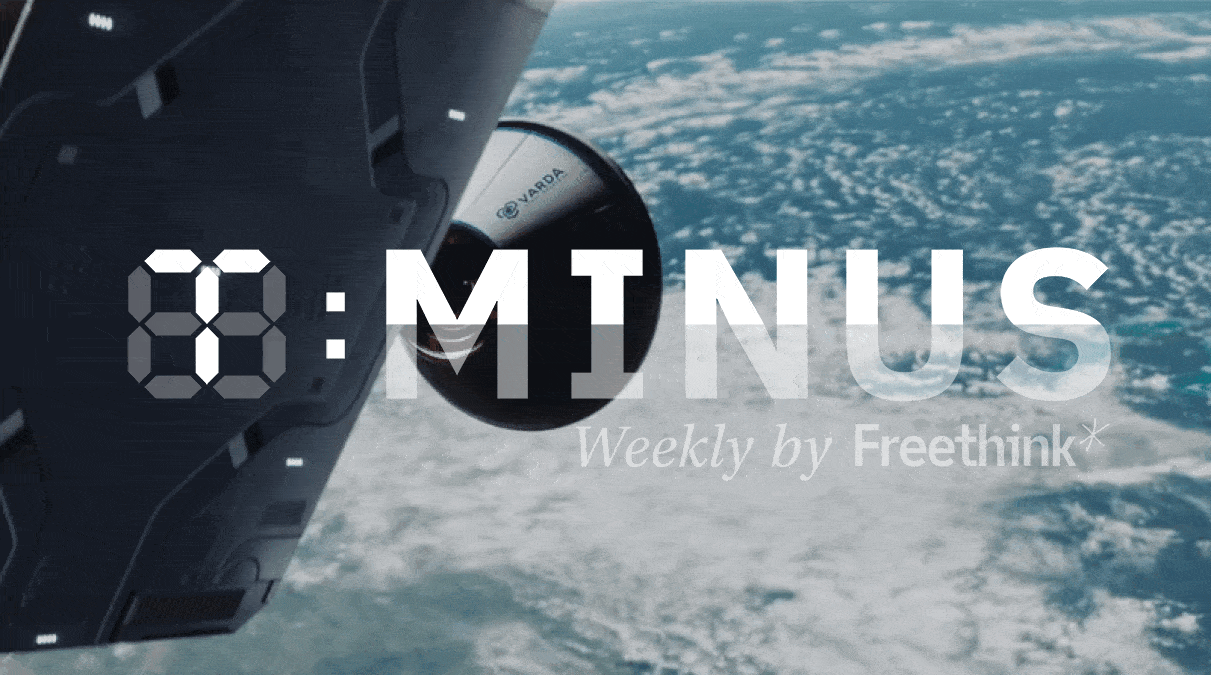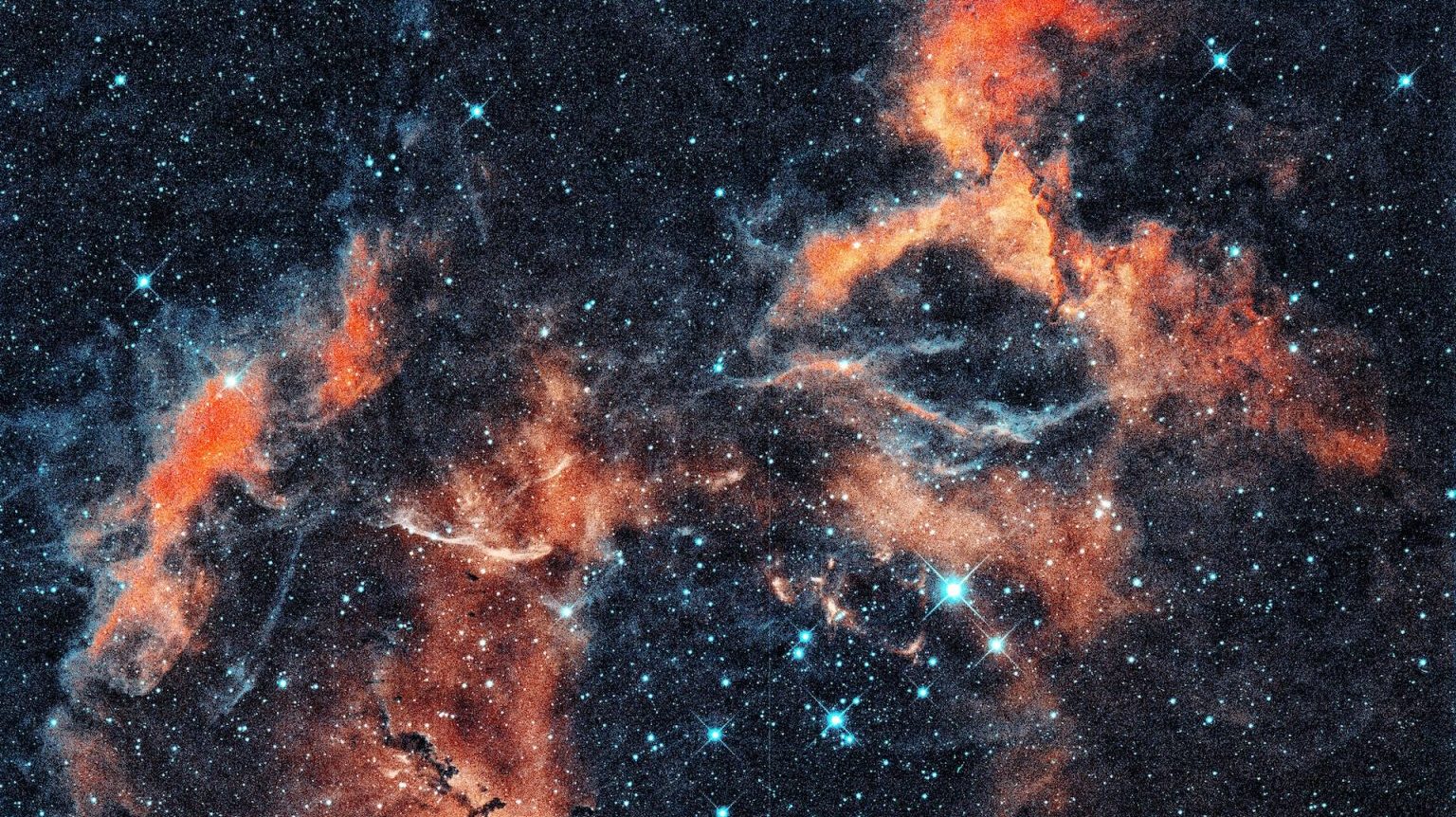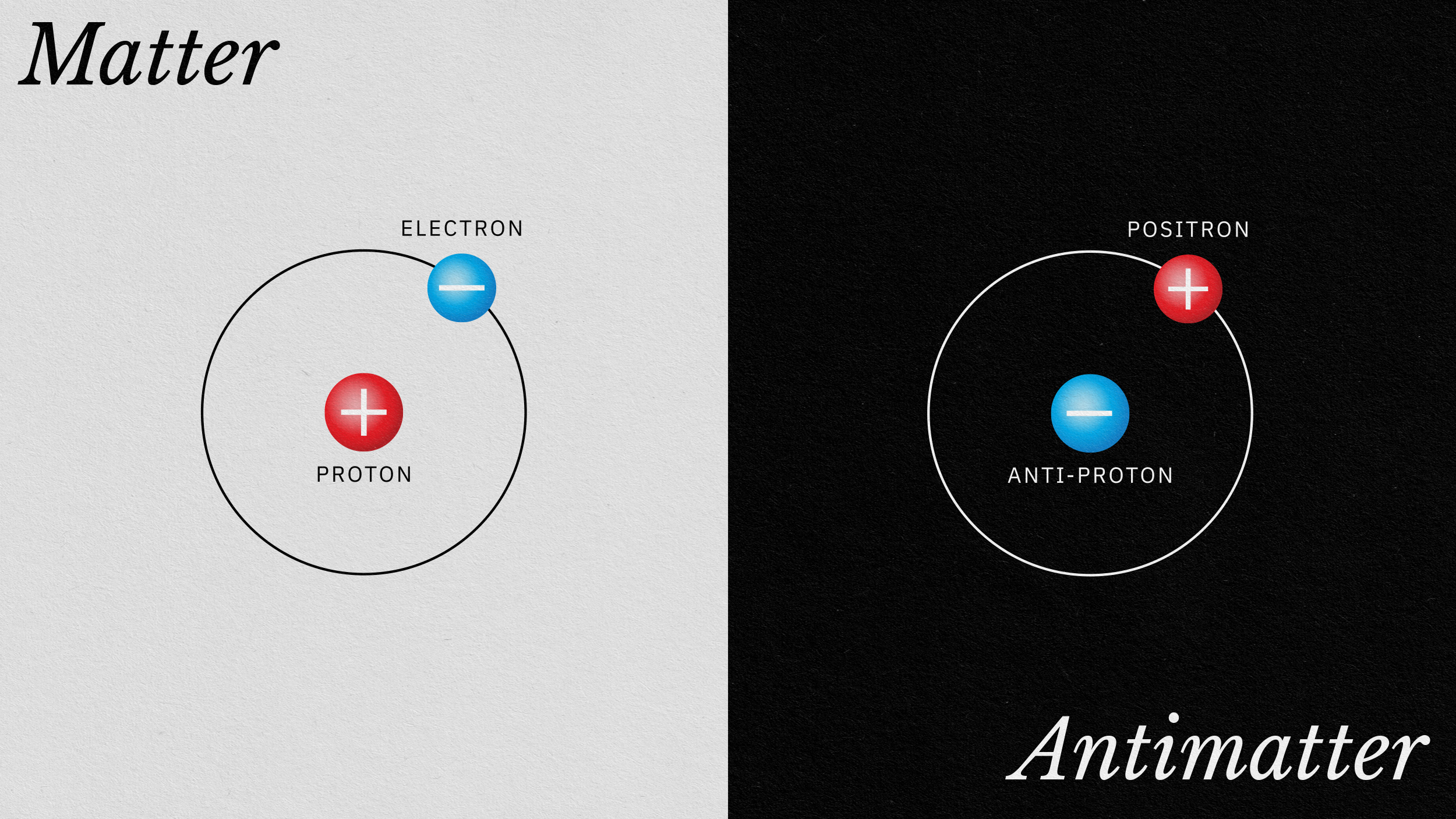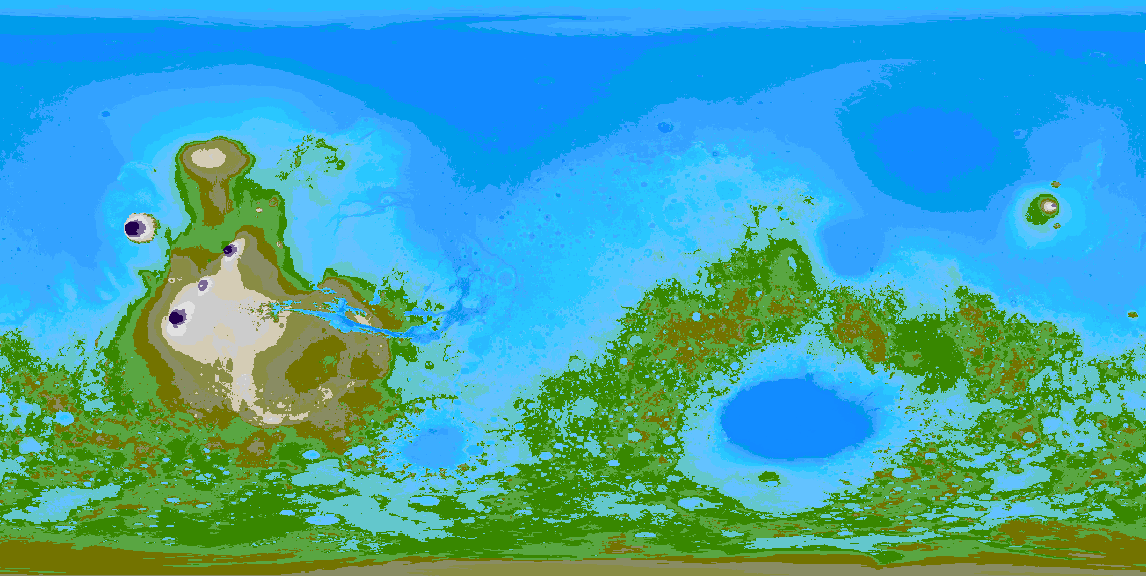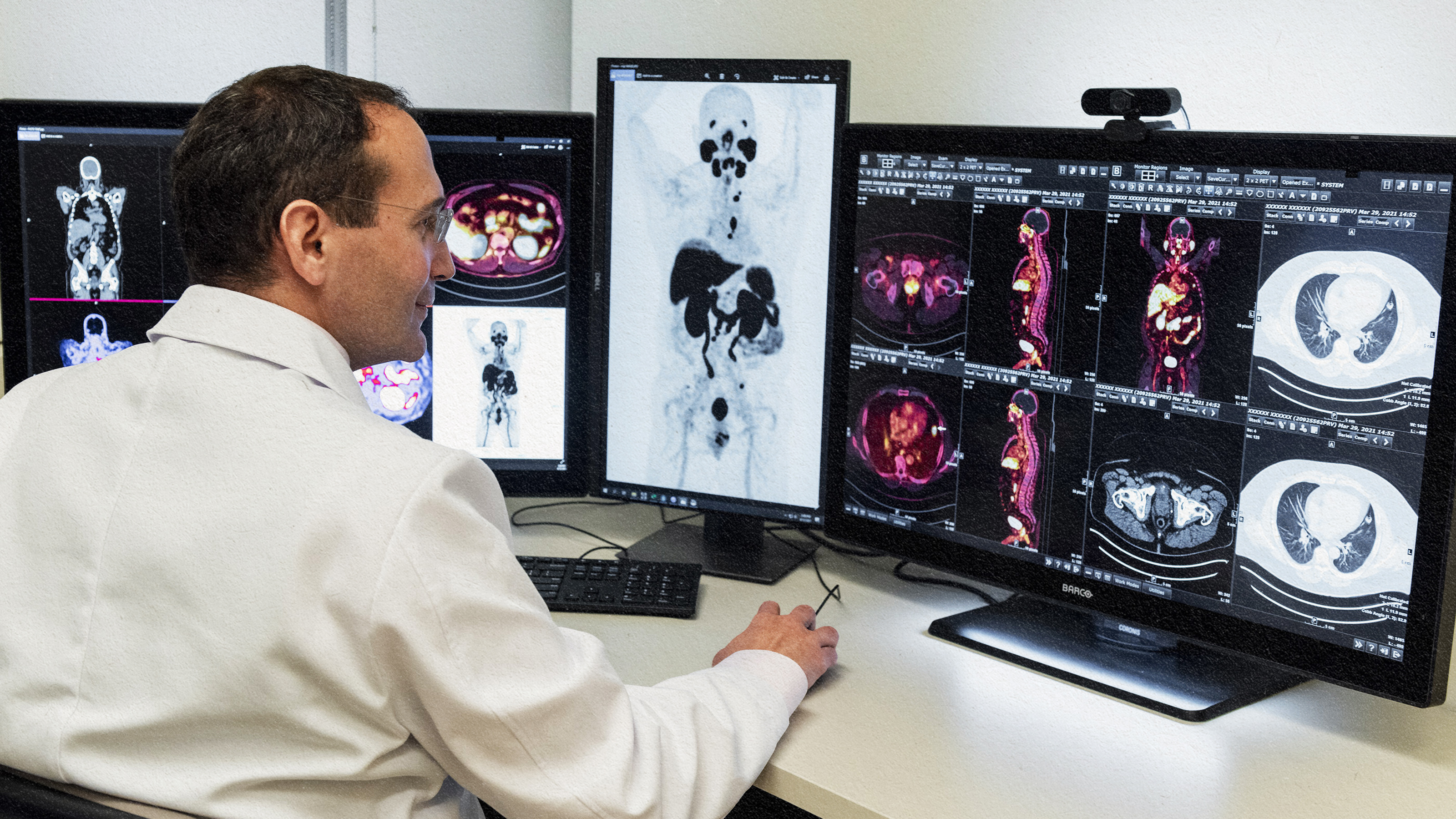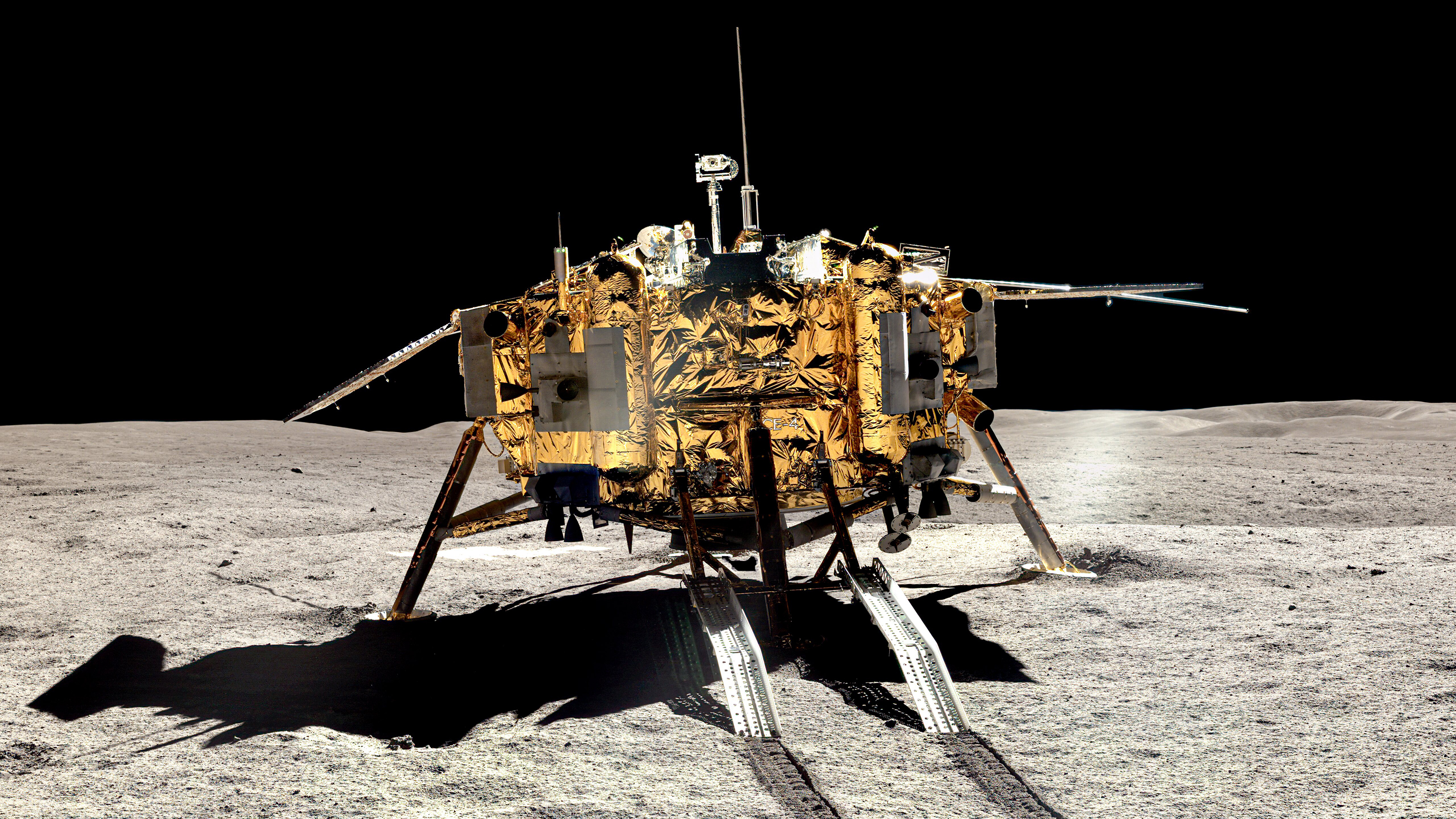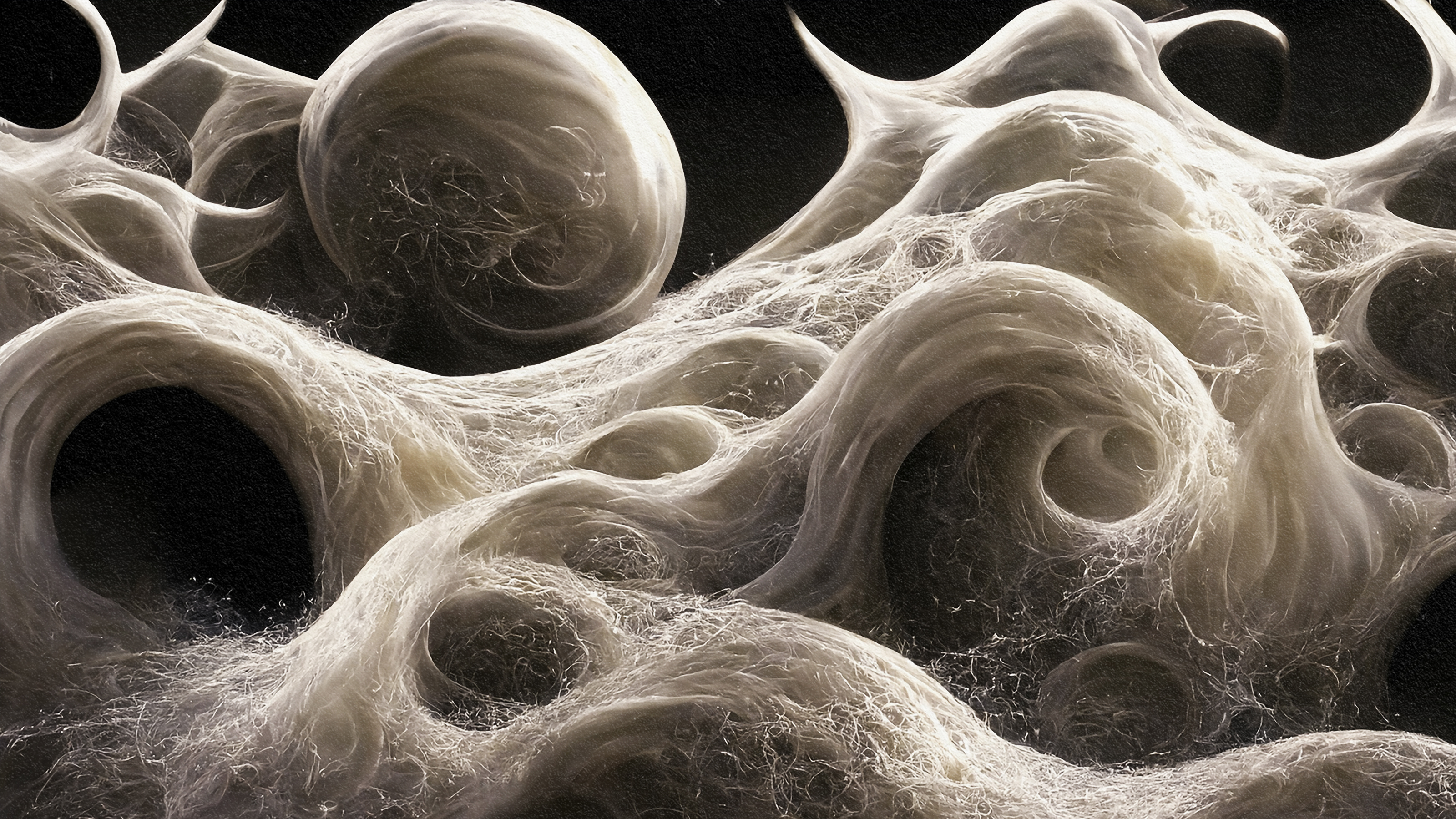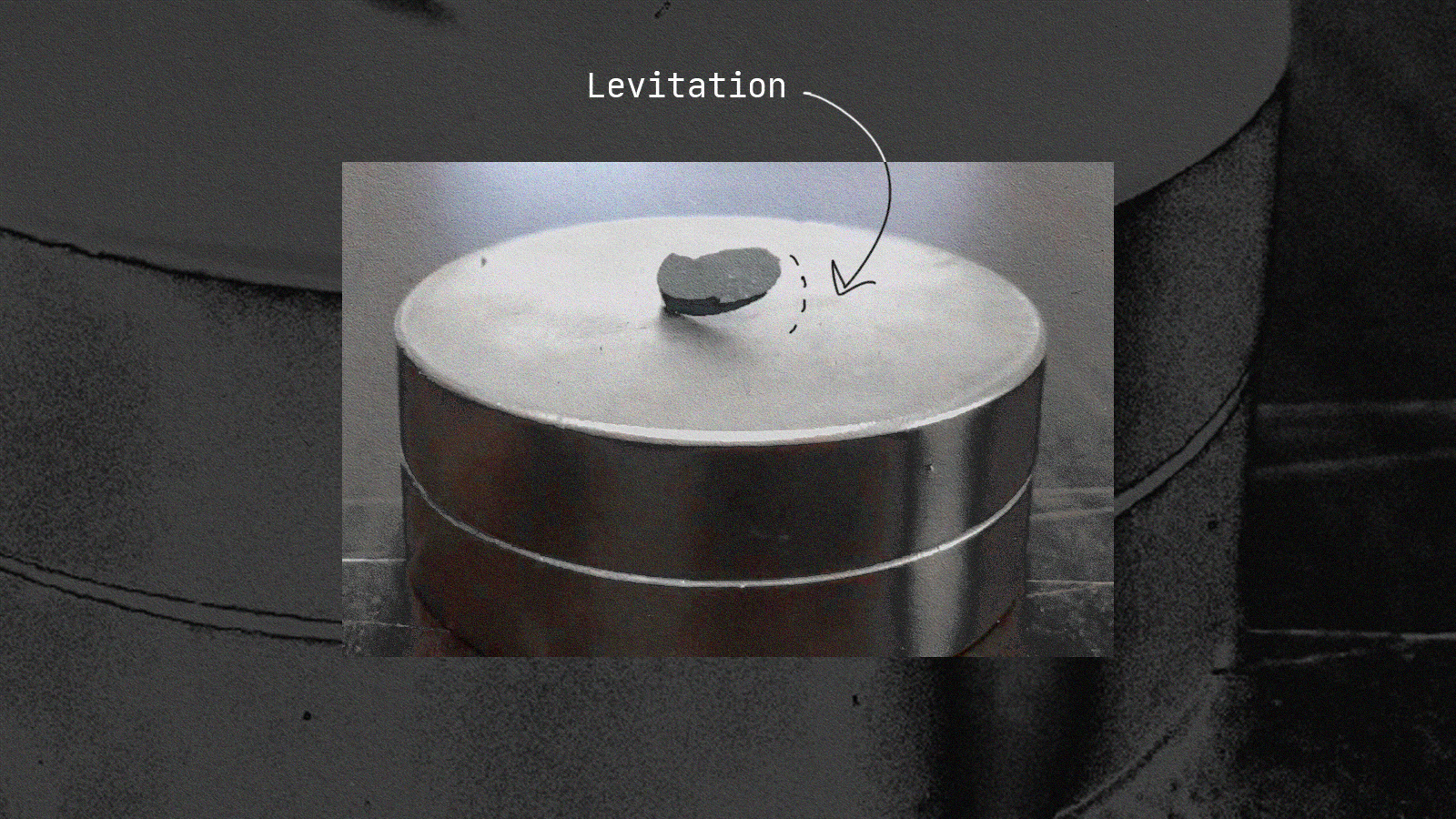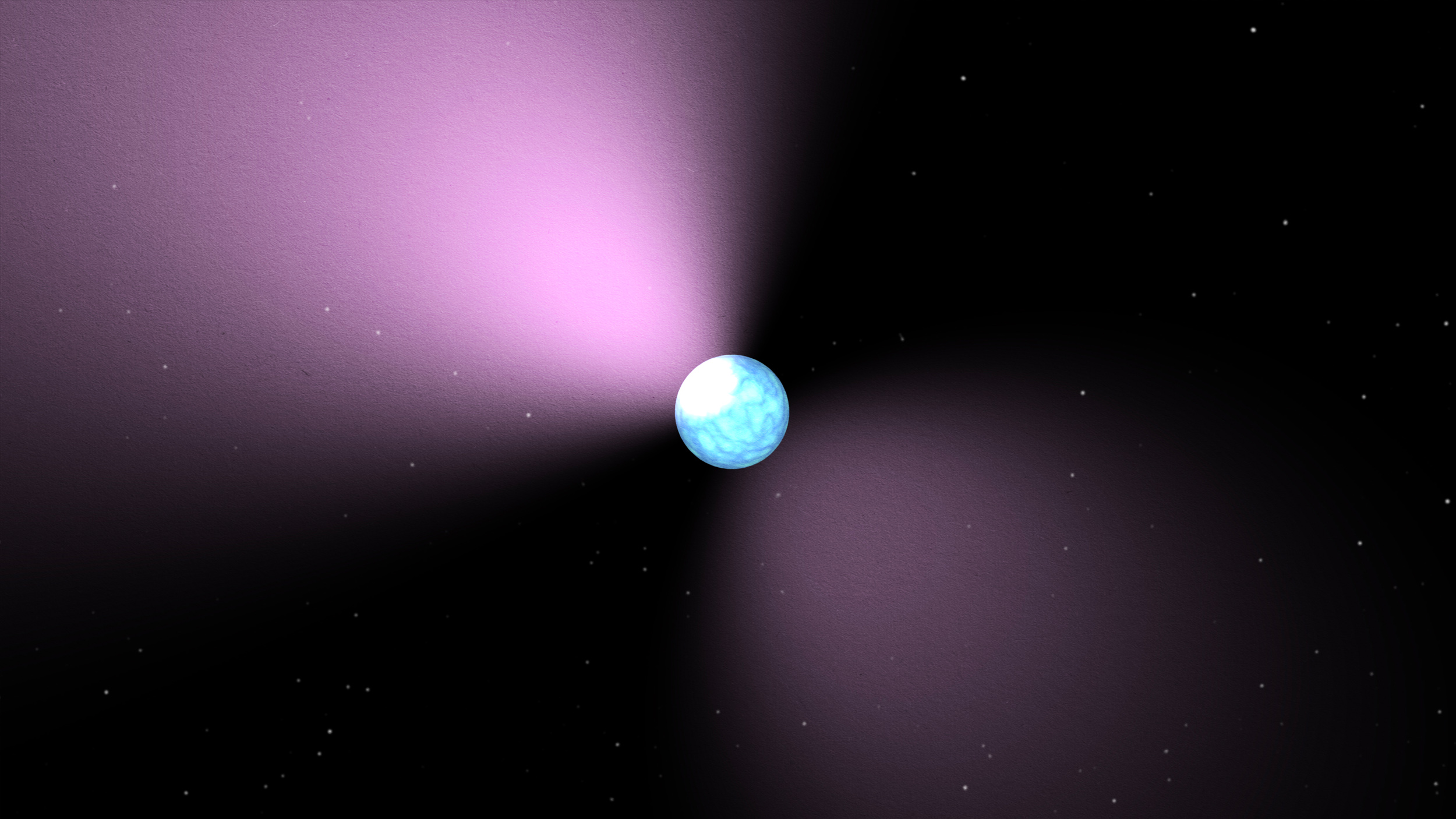Hard Science
All Stories
The miniaturization of particle accelerators could disrupt medical science.
Scientists will be able to make detailed “Claymation-like” movies of chemical reactions.
The term “zero-point energy” has at least two meanings, one that is innocuous and one that is a great deal sexier (and scammier).
Bang bang all over the Universe.
The combined intellectual heft of multiple “big thinkers” delivered arguably the most successful scientific theory in history.
What do ghosts and anomalous galaxy rotation rates have in common? Some sci-fi enthusiasts believe the answer involves “parallel universes.”
Freethink’s weekly countdown of the biggest space news, featuring a stranded space factory, Jeff Bezos’ new moon lander, and more.
See the 3 biggest space stories from October 16-22, 2023.
Sophisticated rovers have found the conditions for Martian life, as well as the building blocks of life, but never life itself. AI can help.
Einstein’s theory of general relativity introduced the concept of space having a shape. So, what is the shape of space?
A combination of factors make the weather at New Hampshire’s Mount Washington arguably the most brutal in the world.
Isaac Newton and Albert Einstein are locked in an eternal battle over the nature of gravity. Whose side are you on?
Measurements of the acceleration of the universe don’t agree, stumping physicists working to understand the cosmic past and future. A new proposal seeks to better align these estimates — and is likely testable.
The question of why the Universe is the way it is is an ancient one, and none of the answers we have come up with are satisfying.
Sci-fi enthusiasts have long hoped that a substance called antimatter might experience gravity opposite that of ordinary matter. It doesn’t.
Chemical changes inside Mars’ core caused it to lose its magnetic field. This, in turn, caused it to lose its oceans. But how?
This measurement is crucial to confirm that one of the assumptions of Einstein’s theory of gravity is valid.
Is it like a tiny ball — or what?
It’s early days, but if the efforts can be efficiently scaled-up, such biological recycling could put a dent in the plastic waste problem.
McDermitt Caldera, the site of an ancient volcanic eruption, straddles the border of Oregon and Nevada.
When it comes to predicting the energy of empty space, the two leading theories disagree by a factor of 100 googol quintillion.
The asteroid is expected to come within 140,000 miles of Earth — well inside the moon’s orbit.
Positron emission tomography (PET) scans use positrons — the antimatter equivalent of an electron — to locate cancer in the body.
By looking down, scientists are looking back in time.
As Marcel Proust said, “The real voyage of discovery… consists not in seeking new landscapes, but in having new eyes.”
There may be unknown particles lurking inside the quantum foam.
Pain relievers like acetaminophen and ibuprofen are made with chemicals derived from oil. Scientists have shown how to make them from trees.
An army of replicators belonging to national laboratories, research universities, and amateur garages is rushing to replicate ambient superconductivity in LK-99.
Rocks and minerals don’t simply reflect light. They play with it and interact with light as both a wave and a particle.
Ultracold gases in the lab could help scientists better understand the universe.

